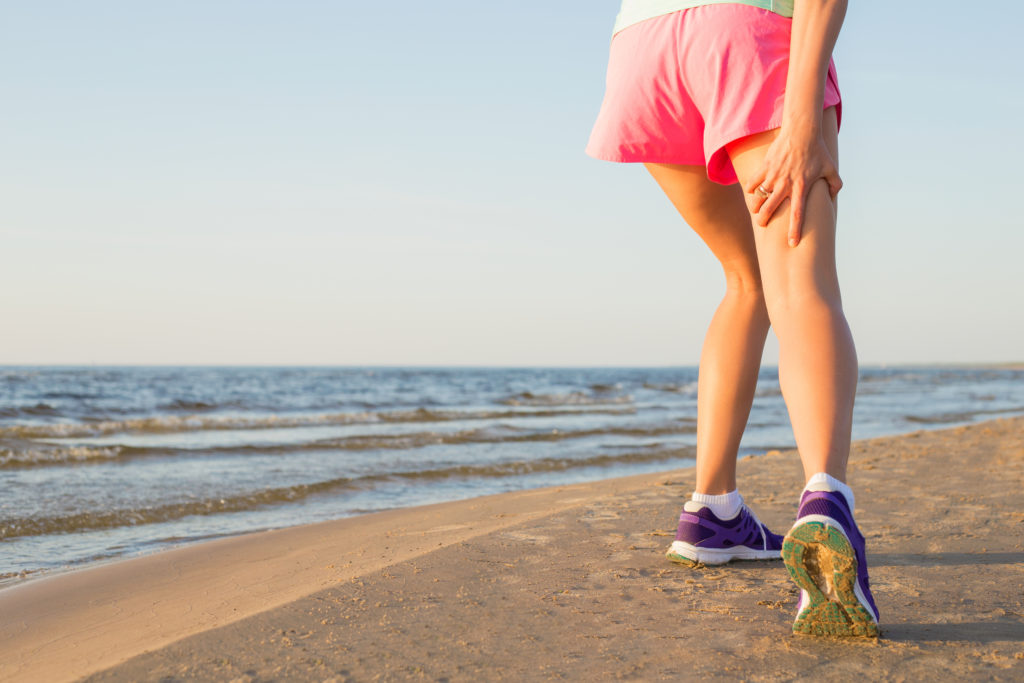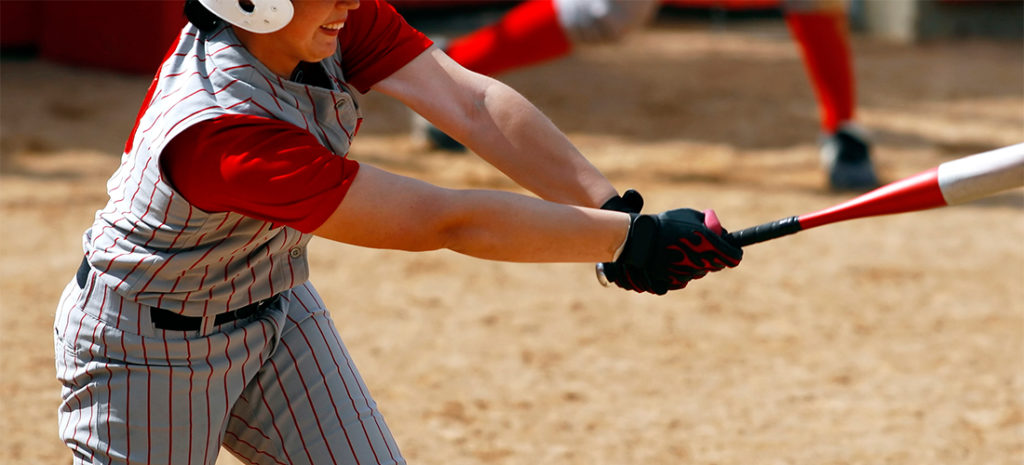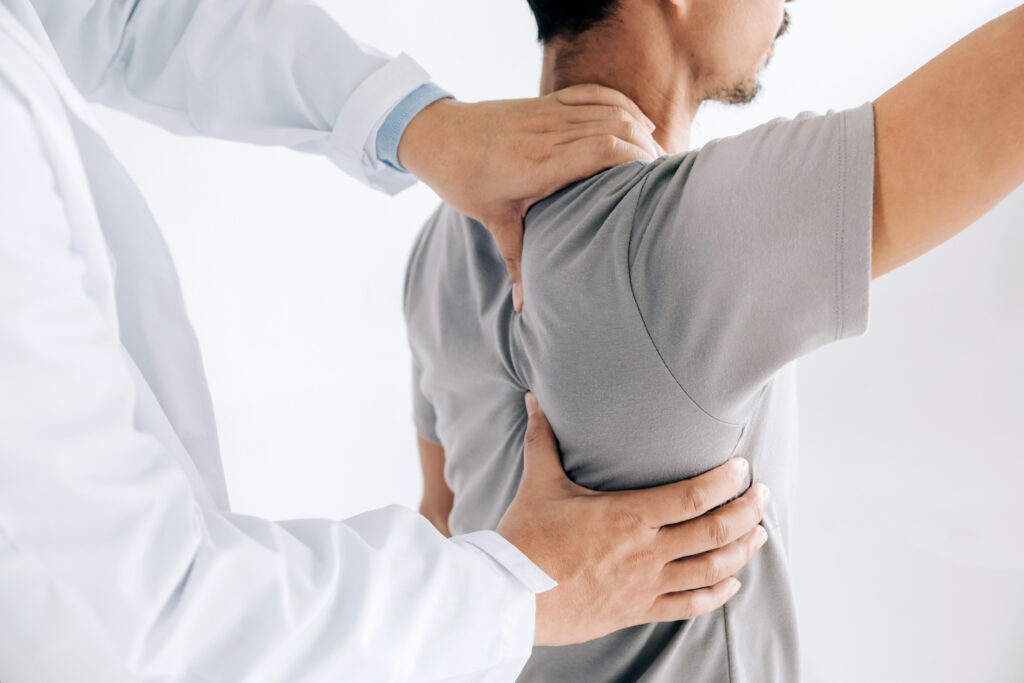This post is part of The Ultimate Guide to Sports Medicine
A pulled hamstring is a common injury among athletes especially for those who participate in sports that require running at high speed. A hamstring strain or pulled hamstring is an injury to the muscles in the back of the thigh.
OrthoIndy sports medicine specialist, Dr. Jeffery Soldatis explains the severity of hamstring strains and how they’re treated.
Anatomy
The hamstring muscles are located in the back of the thigh. Beginning below the pelvis, the hamstring muscles cross the knee joint and end at the lower leg. The muscles help extend your leg straight back and bend your knee.
A strained hamstring can be a pull, a partial tear or a complete tear. The strains usually occur in the think, central part of the muscle or where the muscle fibers join tendon fibers.
Hamstring strains are graded according to severity
- Grade 1 (pull): Mild, usually heals quickly, two to four weeks
- Grade 2 (partial tear): Moderate, heals over four to eight weeks
- Grade 3 (complete tear): Severe, often requires acute surgery or will take months to heal
In extremely severe hamstring injuries, the tendons may tear completely away from the bone and even pull bone with it, this is called an avulsion injury.
Cause
- Muscle suddenly takes on too much weight
- Muscle stretched beyond its ability
Risk Factors
- Runners and sprinters
- Dancers
- Muscle tightness
- Poor conditioning
- Muscle fatigue
- Muscle imbalance
Symptoms of a hamstring strain
- Sudden sharp pain in the back of the thigh or near the buttock
- Swelling
- Bruising or discoloration on the back of your thigh to the back of your knee
- Weakness in hamstring
“If you experience two or more of the above symptoms, you should seek prompt orthopedic evaluation,” Dr. Soldatis said.
Physician examination
To determine whether you have a hamstring strain, your physician will ask you for a complete medical history, ask questions about your pain and how long you have been experiencing your symptoms, and conduct a physical examination. An X-ray or MRI may be necessary to rule out other injuries.
Make an appointment with an OrthoIndy sports medicine specialist
Treatment
“Treatment generally depends on the grade of the injury. Treatment is usually non-surgical for grades one and two,” Dr. Soldatis said.
This treatment includes
- Rest, Ice, Compression and Elevation (RICE)
- Activity modification or immobilization: Such as avoiding activities that worsen symptoms
- Non-steroidal anti-inflammatory drugs (NSAIDs) such as ibuprofen
- Home exercises to strengthen muscles
- Physical therapy to increase hamstring strength and flexibility
If the muscle is completely torn, surgery may be necessary to return to normal movement. Particularly, the proximal avulsion injuries, if severe, usually requires surgery.
The orthopedic surgeon will determine if surgery is indicated. However, in some severe hamstring strains, non-surgical methods have proven successful in returning a patient to their normal lifestyle.
Recovery
- Avoid the activity that caused your injury for up to two weeks
- Condition muscles with exercise
- Warm up before exercise or sports activity
- Wear appropriate protective gear
- Cool down after exercise or sports activity
- If you feel pain, stop immediate and let muscles heal completely before returning to sports
- Follow the advice of your sports medicine or orthopedic specialist
To schedule an appointment with Dr. Soldatis, please call 317.569.2515 or request an appointment at OrthoIndy/request.
Schedule an appointment
Your well-being is important to us. Click the button below or call us to schedule an appointment with one of our orthopedic specialists. If your injury or condition is recent, you can walk right into one of our OrthoIndy Urgent Care locations for immediate care. For rehabilitation and physical therapy, no referral is needed to see one of our physical therapists.





